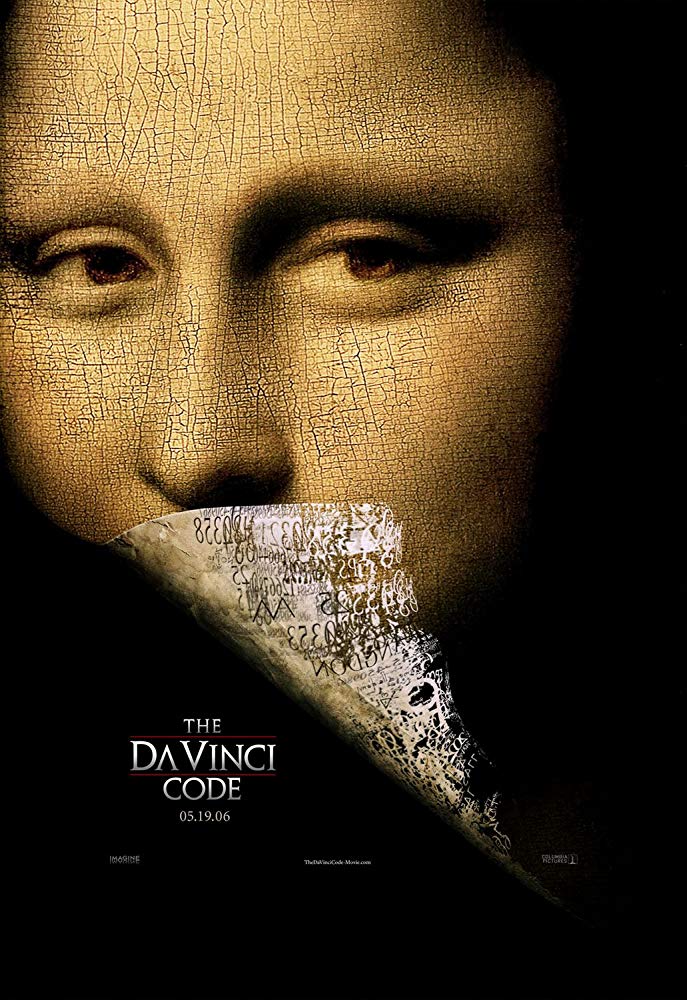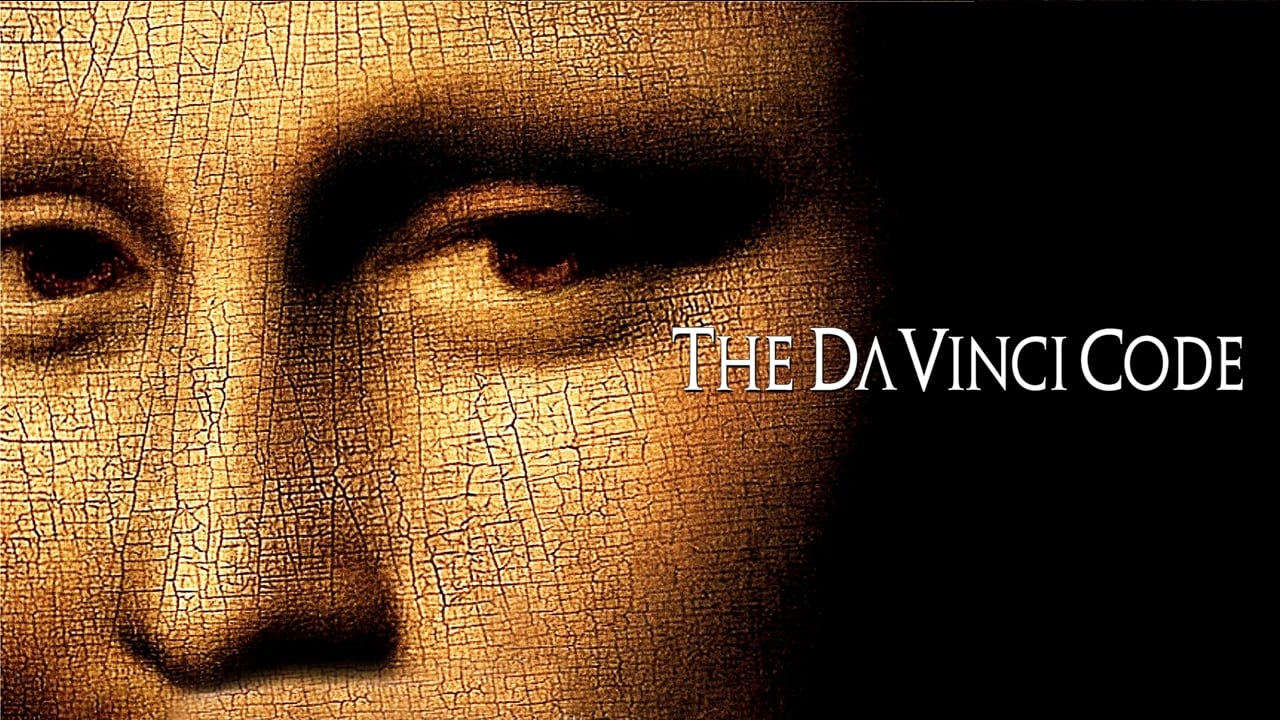

Brown's story and refrained from trying to capture his, um, prose style. Howard on "Cinderella Man" and "A Beautiful Mind"), have streamlined Mr. To their credit the director and his screenwriter, Akiva Goldsman (who collaborated with Mr. Howard accomplished a similar feat with "How the Grinch Stole Christmas" a few years back.) "The Da Vinci Code," which opened the Cannes Film Festival on Wednesday, is one of the few screen versions of a book that may take longer to watch than to read. As for the third, well, it's long, and so is the movie. Luckily I lack the learning to address the first two questions. Thus we have had a flood of think pieces on everything from Jesus and Mary Magdalene's prenuptial agreement to the secret recipes of Opus Dei, and vexed, urgent questions have been raised: Is Christianity a conspiracy? Is "The Da Vinci Code" a dangerous, anti-Christian hoax? What's up with Tom Hanks's hair? The arguments about the movie and the book that inspired it have not been going on for millennia - it only feels that way - but part of Columbia Pictures' ingenious marketing strategy has been to encourage months of debate and speculation while not allowing anyone to see the picture until the very last minute. "The Da Vinci Code," Ron Howard's adaptation of Dan Brown's best-selling primer on how not to write an English sentence, arrives trailing more than its share of theological and historical disputation. Recent history - "The Passion of the Christ," "The Chronicles of Narnia" - suggests that such controversy, especially if religion is involved, can be very good business. Unless Langdon and Neveu can decipher the labyrinthine puzzle in time, the Priory's ancient secret - and an explosive historical truth - will be lost forever.CANNES, France, May 17 - It seems you can't open a movie these days without provoking some kind of culture war skirmish, at least in the conflict-hungry media. In a breathless race through Paris, London, and beyond, Langdon and Neveu match wits with a faceless powerbroker who seems to anticipate their every move.


Langdon joins forces with a gifted French cryptologist, Sophie Neveu, and learns the late curator was involved in the Priory of Sion - an actual secret society whose members included Sir Isaac Newton, Botticelli, Victor Hugo, and Da Vinci, among others. While working to solve the enigmatic riddle, Langdon is stunned to discover it leads to a trail of clues hidden in the works of Da Vinci - clues visible for all to see - yet ingeniously disguised by the painter. Near the body, police have found a baffling cipher. While in Paris on business, Harvard symbologist Robert Langdon (Tom Hanks) receives an urgent late-night phone call: the elderly curator of the Louvre has been murdered inside the museum.


 0 kommentar(er)
0 kommentar(er)
